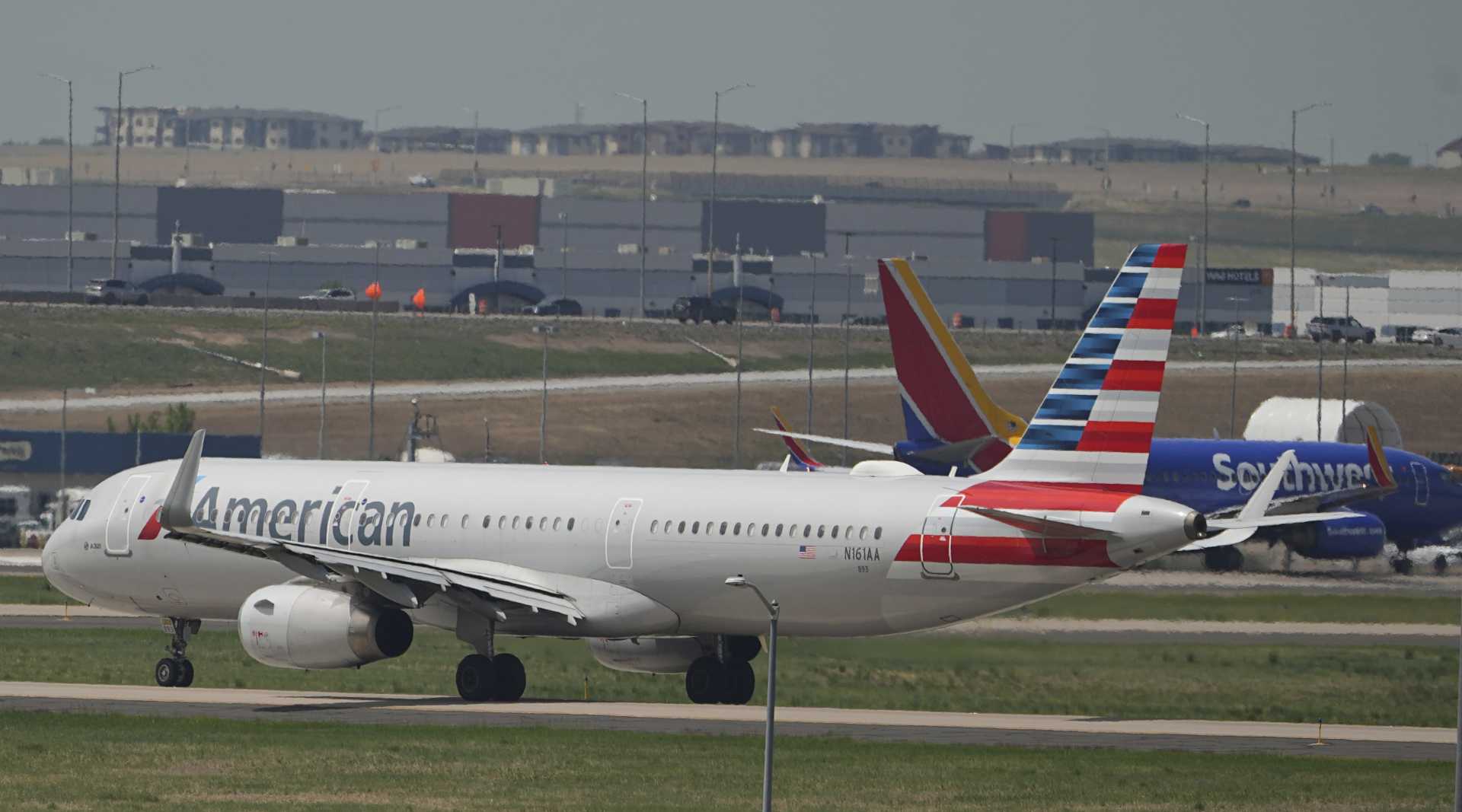News
Airlines Face Challenges Amid Middle East Flight Suspensions

NEW YORK, June 23 (Reuters) – Airlines worldwide are re-evaluating the suspension of flights to the Middle East after the U.S. military struck three Iranian nuclear sites and Tehran threatened to respond. The conflict has significantly impacted air travel routes, especially affecting major international hubs like Dubai and Doha.
Commercial airspace over Iran, Iraq, Syria, and Israel has seen a dramatic reduction in flights over the past ten days, as many carriers diverted or canceled numerous services. Finnair was the first airline to announce an extended suspension of flights to Doha, currently canceled until June 30.
Singapore Airlines, citing a “fluid” situation, canceled its flights to Dubai up until Tuesday. Other airlines, including Air France KLM and British Airways, also announced cancellations for routes to both Doha and Dubai. Air France further suspended services to Riyadh and Beirut until midweek.
“It is essential for us to ensure the safety of our customers,” said a representative from British Airways in a recent statement regarding ongoing travel disruptions.
The aviation industry remains cautious as tensions heighten in the region. The risk consultancy, Osprey Flight Solutions, indicated that airlines are avoiding major airports in the UAE, Qatar, and surrounding areas, fearing potential missile or drone attacks targeting U.S. military bases.
Additionally, with rising fuel prices due to recent U.S. actions, airlines are facing increased operational costs. Graham Turner, CEO of Flight Centre Travel Group, mentioned that customers are increasingly requesting alternative routes avoiding Middle Eastern hubs.
Travelers have found routes through other global locations like Singapore, Hong Kong, and Johannesburg to be safer alternatives, as airlines reassess operational strategies amid regional instability.
Safe Airspace, a flight risk information group, warned that the airspace risks in Gulf states might amplify, and American airlines, including American Airlines and United Airlines, have already halted flights to Qatar and Dubai in light of these developments.
Despite the turmoil, some local carriers in Jordan, Lebanon, and Iraq are slowly resuming flights after widespread cancellations. Israel has organized “rescue flights” for stranded travelers, expanding services on Monday to accommodate those hoping to return home.
In a twist, Israeli airline El Al reported receiving around 25,000 applications in just one day for outbound flights, indicating a rising demand for travel amidst uncertainties.












